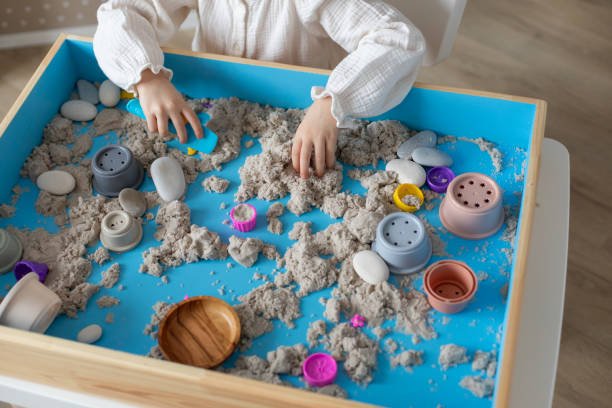TRAUMA THERAPY
Supporting Emotions, Identity, and Growth

TRAUMA-INFORMED SUPPORT
A common belief is that trauma therapy must involve an individual talking about, remembering or reliving what happened to them. In reality, this is not how healing begins, and for many children and young people it is neither appropriate nor helpful early on.
A trauma-informed approach recognises that children and young people need safety, connection and regulation long before they are ready to process difficult experiences. Healing starts through consistent, attuned interactions with the adults around them, helping the nervous system feel safe again.
Trauma work at this stage does not require knowing every detail of a child’s past. Many traumatic experiences happen before a child has words or memories. This approach helps children understand that their behaviours, reactions and moments of dysregulation have been resourceful survival responses. With the right support, these responses can gradually shift into confidence, connection and the capacity to thrive.
WHAT TRAUMA-INFORMED SESSIONS LOOK LIKE
The early focus is often stabilisation, helping a child or young person feel regulated internally and supported externally at home and school. For some, this alone brings meaningful change.
During this phase, sessions may draw on play, creative expression and somatic tools to help children feel grounded and safe long before any deeper trauma processing takes place.
WHEN IS A CHILD READY FOR TRAUMA PROCESSING?
Deeper trauma work only begins when a child or young person has enough safety, stability and emotional capacity to explore difficult experiences without becoming overwhelmed. This gradually develops through relationship, trust and regulation.
A child or young person may be ready when they:
– feel safe, grounded and connected within the therapeutic relationship
– can return to calm with support after moments of stress
– have consistent routines and predictable support at home and school
– can talk about feelings, sensations or memories without shutting down
– show curiosity about understanding their thoughts or experiences
– demonstrate growing stability in their day-to-day life
EVERYONE REACHES THIS STAGE AT THEIR OWN PACE
Some children and young people benefit most from stabilisation and relational support, while others move into deeper work when the time is right.
Trauma processing is always paced gently, collaboratively and in a way that honours each young person’s individual readiness and resilience.

TRAUMA PROCESSING APPROACHES
CREATIVE, PLAY-BASED AND LIFE STORY TRAUMA WORK
This approach uses art, sand, symbolic play, storytelling and life story work to help children explore their experiences in a safe and contained way. These methods give young people the language, images and metaphors they need to make sense of their story without becoming overwhelmed, allowing them to process feelings at a pace that feels right for them.
SOMATIC TRAUMA THERAPY
Helping the body release tension and recognise sensations, supporting grounding and a sense of internal safety.
KIND WORDS
Ashleigh was a brilliant support for my 8 year old child – creating a self space to be seen and heard, expressing herself through play. My child treasured her sessions with Ashleigh, they helped her improve her confidence, communication and relationships. We wouldn’t hesitate to recommend Ashleigh very highly, and feel lucky and grateful to have been able to work with her. Her feedback was invaluable.
Parent of an 8 Year Old Client
Absolutely amazing therapy service. Ashleigh was very supportive, definitely helped rebuild their self confidence and bring them back to their old self. They still talk about how her therapy sessions helped a year on. Highly recommend.
Parent of a 12 Year Old
Ashleigh worked with my son through play therapy, during a key stage in his early development, while he endured the separation of his parents. Through dedication, kindness, fun and love Ashleigh was able to guide him to open up, expressing his thoughts, feelings and pain. I am so grateful for her input. My son is now 8yo, happy, social, very playful and energetic. I know his inner balance has a lot to do with her work. Thank you so much!
Parent of an 8 Year Old Client
